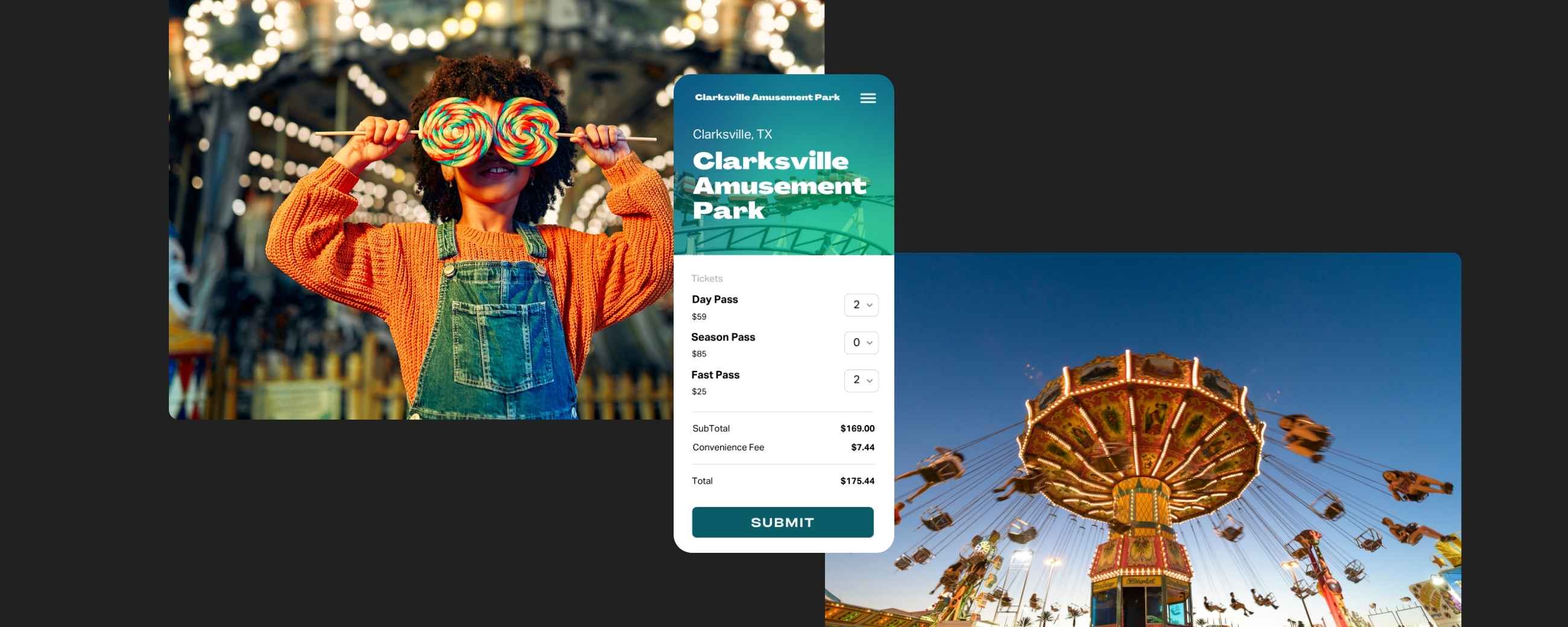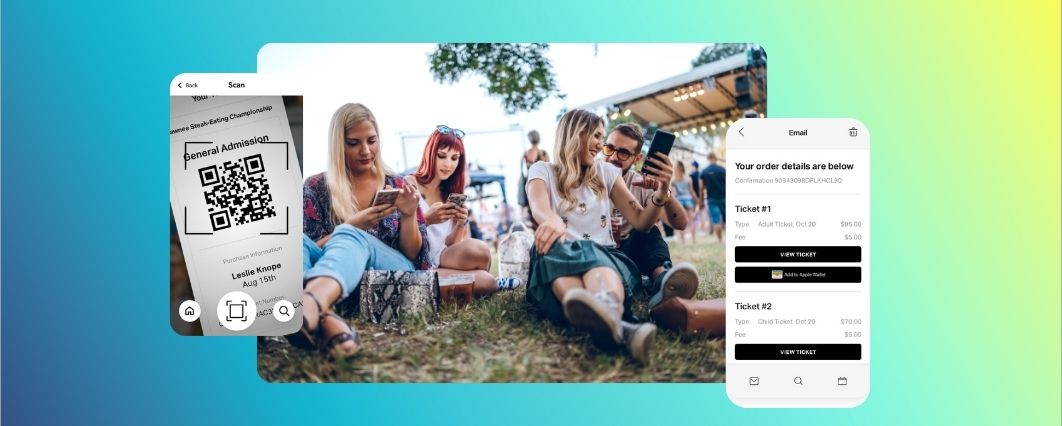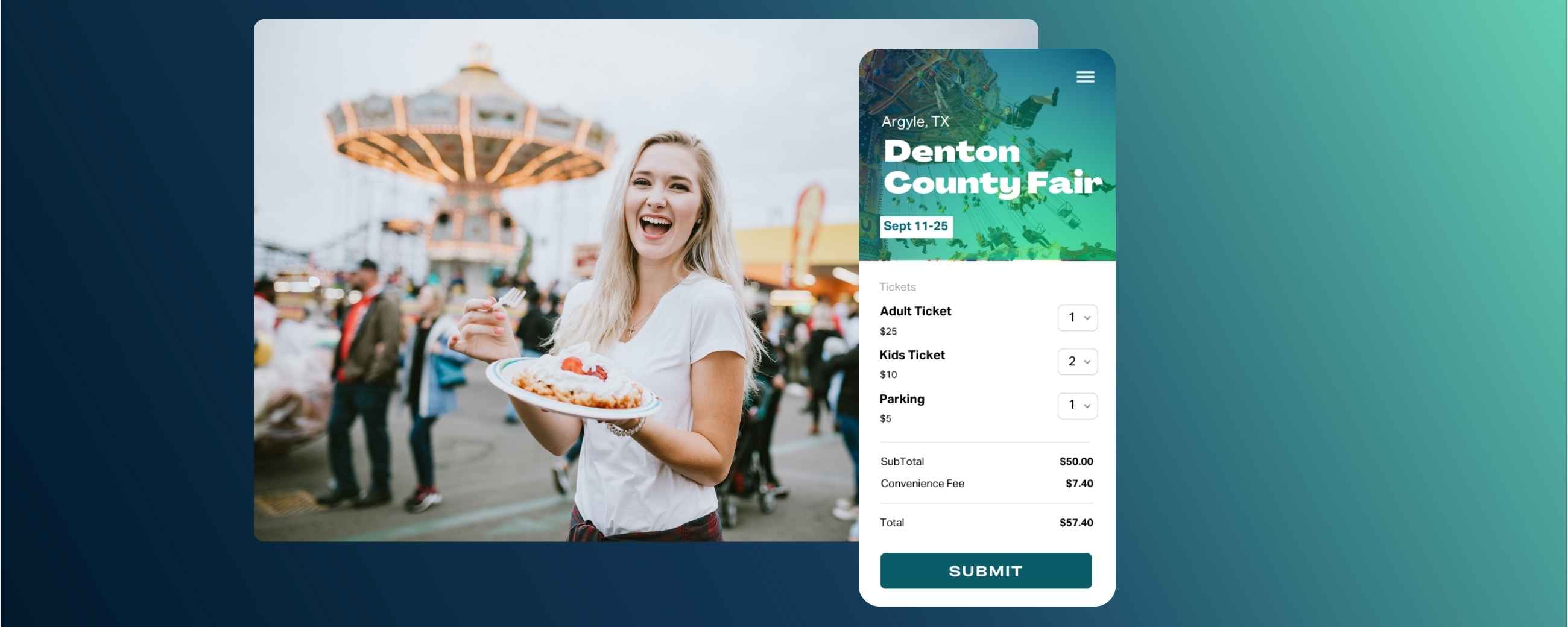That being said, attraction ticketing and event ticketing are not the same, and if you use them interchangeably, you’ll likely experience headaches. Let’s break down the differences so you can choose the best system for your needs.
Why People Get Confused Between Attraction and Event Ticketing
While attractions and events both sell tickets, what happens behind the scenes is completely different. Since many platforms market themselves to both attraction operators and event organizers, it can get confusing. If you’ve ever scratched your head, wondering how a zoo that’s open all year, and a concert playing just one night can really use the same software, you’re not alone.
What Attraction Ticketing Looks Like
Attractions are often built around ongoing daily operations; think of zoos, museums, aquariums, or gardens. Beyond selling tickets, attractions also need to manage memberships, offer timed entry, handle school groups, and prepare for seasonal spikes. Ultimately, attraction ticketing is about handling a steady flow of visitors all year round, not just one-off sales.
What Event Ticketing Looks Like
Events, on the other hand, run on a different rhythm. Concerts, festivals, and fairs are time-bound. Even if a holiday attraction runs for 4 weekends straight, dates are limited. For events, the focus is on pre-sale, building excitement, and smooth processes on the big day. Instead of daily management, event ticketing requires building momentum for a one-time gathering that often only lasts a day or a weekend.
Key Differences That Actually Matter for Operators
Events
🎟️ Duration - Time-bound, often happening once or on limited dates.
💸 Tickets - Rely on one-time purchases to maximize attendance.
📅 Capacity management - Focus on selling out dates and tracking ticket volume.
🛍️ Upsells - Merch, VIP seats, or premium experiences.
📊 Data use - The focus is on capturing spikes in engagement around ticket launches and day-of check-ins.
Attractions
📆 Duration - Mostly year-round with ongoing visitor flow.
🔄 Memberships - Attractions thrive on repeat visitors through memberships and renewals.
⏰ Capacity management - Timed entry to spread out crowds and enhance visitor experience.
🍔 Upsells - Bundle add-ons like parking, tours, food passes, or special exhibits.
📊 Data use - Typically CRM-style insights to build long-term relationships with guests.
Why Using the Wrong System Creates Frustration
When attraction operators use ticketing software designed for events, they quickly realize it can’t support the daily demands of memberships, renewals, or school group bookings. On the flip side, when event organizers use attraction-specific tools, the setup often feels overly complex and cumbersome for their needs. If you ever felt like your software is working against you instead of for you, it probably wasn’t designed with your world in mind.
Real-World Scenarios: Who Needs What?
🦓 A zoo → needs attraction ticketing with memberships, daily entry, and school groups.
🏛️ A museum → needs attraction ticketing with timed entry, rotating exhibits, and member perks.
🐠 An aquarium → needs attraction ticketing with group bookings, field trips, and annual passes.
🎃 A haunt → needs event ticketing with timed entry slots, high-volume night traffic, and upsells like fast passes.
🎶 A music festival → needs event ticketing with multi-day passes, merch sales, and VIP upgrades.
🎡 A fair → needs event ticketing with flexible passes, ride add-ons, and group discounts.
🎄 A seasonal holiday light show → event ticketing that requires timed entry to manage nightly crowds.
What to Look for in an Attraction Ticketing System
✅ Timed entry and daily passes for crowd control
✅ A membership program with easy renewals.
✅ Upsells at checkout (parking, tours, add-ons).
✅ Group booking support for schools or tours.
✅ Year-round reporting to track trends and visitors.
Where TicketSpice Fits into the Picture
TicketSpice was built to serve both sides of the industry. Event organizers love it for pre-sales, upsells, and quick check-in. Attractions depend on it for memberships, timed entry, and ongoing visitor management. Instead of forcing a one-size-fits-all solution, TicketSpice adapts to your model, whether you run daily operations or one-time events.
Wrapping Up: Know Your Needs Before You Choose
At the end of the day, the right system depends on whether you’re managing an attraction or hosting an event. Don’t let industry buzzwords steer your decision. Examine how you operate day-to-day, and then select the system that best supports those needs.
More Questions Operators Always Ask
What is attraction ticketing?
A system built for attractions open most days of the year.
What is an attraction ticketing system?
Software that handles memberships, timed entry, and group visits.
What are attraction tickets?
Passes to daily attractions like zoos or museums, often tied to memberships.
Can one system do both attraction and event ticketing?
Some platforms, like TicketSpice, can, but most are designed with one side in mind.
Do attractions really need timed entry?
Not always, but it’s a lifesaver for busy weekends and exhibits.
Can event software handle memberships?
Usually not well—that’s where attraction software shines.
Which is harder to manage: events or attractions?
They’re just different. Events = one big crunch, attractions = ongoing daily flow.
Ready to start using a software that will help you boost sales and eliminate hassles? You can get started with TicketSpice today, or reach out to our support team with questions.
We’re here to help you have the best event ever!
— The TicketSpice team























